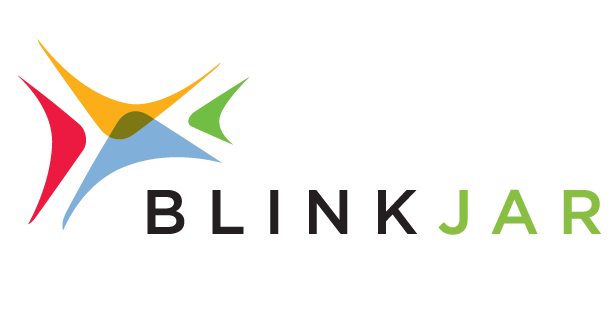Choosing the Right Content Management System for Your Business
Hey everyone, it's Jared at BlinkJar! One of the most important decisions business owners must make when building a new website is choosing the right content management system (CMS). Unfortunately, many businesses base their CMS decisions on a colleague's recommendation or brand recognition, often leading to a choice that wastes valuable resources like time and money. Choosing a CMS that matches your business's specific needs is vital in making the right decision.
Choosing between an open-source and a proprietary CMS is similar to a homeowner deciding whether to build a custom house or buy a pre-built (modular) one. Like each housing option, each CMS type offers advantages and challenges suited to various needs and circumstances.
Understanding the distinct features and limitations of open-source and proprietary systems helps you choose a CMS that matches your business goals, technical capabilities, and the digital experience you aim to offer your users. This knowledge ensures you select a CMS that fits your current needs and can grow with your business.
What is an Open-Source CMS?
An open-source CMS like WordPress, Drupal, and Joomla offers source codes that anyone can access and modify. This approach encourages community collaboration, leading to continuous enhancements and adaptations of the platform. Typically free, these CMS platforms might incur costs for additional features and customizations like advanced templates or specialized plugins. While the core software is complimentary, these extra features, often created by the community or third-party vendors, enable users to customize their websites to meet specific needs, varying pricing from one-time purchases to subscription models.
What are the Advantages of an Open-Source CMS?
- Developer Communities: Ensuring continuous improvement and support.
- Transparent & Predictable Code Quality: Offering security and assurance.
- Constant Evolution: Keeping the platform ever-improving.
What are the Disadvantages of an Open Source CMS?
- Perceived Lack of Control: Due to the public nature of the code.
- Potential for Confusion: With various code versions available.
- Vulnerability to Hacking: Especially through plugins.
- Requires Expertise: Comes with a significant learning curve and requires technical expertise.
Why an Open Source CMS is Like a Custom-Built Home
Choosing an open-source CMS is similar to building a custom house, offering the flexibility and freedom to tailor every aspect of your website. This approach requires high web development expertise, just as constructing a house requires architectural know-how. Additionally, it means staying on top of regular upkeep and keeping your website secure and current, similar to the ongoing attention a custom-built house needs.
What is a Proprietary CMS?
Specific companies or organizations like Duda, Wix, Squarespace, and HubSpot develop, own, and license proprietary CMS software applications. In these systems, the company restricts public access to the source code, preventing its use, modification, or distribution without authorization, and controls access via special license keys.
The owning company actively manages the CMS's development, maintenance, and updates and often sets the hosting and support guidelines. Users access these platforms typically through licensing or subscription fees. Developers design proprietary CMS platforms to offer advanced features, extensive support, and seamless integration with other tools to provide a comprehensive and user-friendly experience.
What are the Advantages of a Proprietary CMS?
- User-Focused Approach: Offering simplicity and ease of use, ideal for organizations not needing complex functionality.
- Ease of Use & Control: No extensive coding knowledge is required.
- Security & Professional Support: Ensuring reliability and safety.
What are the Disadvantages of a Proprietary CMS?
- Customer Lock-In: Due to the nature of proprietary development.
- Costly: With potential monthly or annual subscriptions.
- Limited Customization: Guardrails can limit tailoring options.
Choosing a Proprietary CMS is Like Buying a Modular Home
Choosing a proprietary CMS is like buying a modular home. It's designed for ease and convenience, like selecting a pre-built home with predefined layouts. This type of CMS typically requires less maintenance and provides strong support, mirroring the reliability and assistance you'd expect from owning a ready-made home. These options make a proprietary CMS appealing to those seeking a straightforward, user-friendly option for managing their website's content.
Which CMS is Right for Your Business?
The choice between an open-source and proprietary CMS comes down to what suits your organization's needs best. Whether you prioritize customization and control or favor ease of use and security, the decision should reflect your unique requirements and available resources.
At
BlinkJar, we're committed to helping you navigate your CMS options and find the perfect fit for your business. Let's talk.








